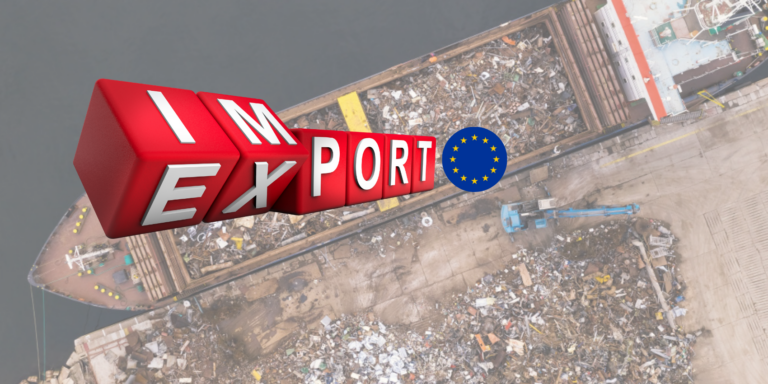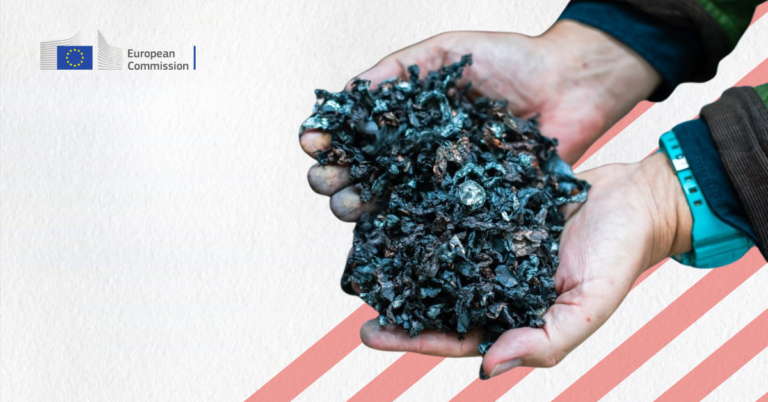The 8 most common mistakes encountered in waste management
Details
Mismanagement of waste always involves a significant impact on the environment, human health and the economy. There are a number of common mistakes that can be made in the organization of waste management in a locality:
- Lack of proper planning: Proper planning is essential to ensure that the waste management system is efficient and sustainable. Lack of proper planning can lead to problems such as overcapacity of landfills and increased waste management costs. For good organization and planning of waste management we recommend using SIGD planning guide
- Lack of community involvement: The community must be involved in the waste management process through education and awareness campaigns. Local authorities should encourage the active participation of the community in waste management by organizing voluntary activities or involvement in decisions regarding local waste management policies. This may include holding public meetings or creating working groups to involve the community in the decision-making process.
- Lack of adequate infrastructure: Adequate infrastructure is needed to be able to collect, transport, recycle and store waste. Lack of adequate infrastructure can lead to problems such as rising costs and environmental damage. A solution in this sense is the implementation of a regional waste management system and respectively the development of the critical solid waste management infrastructure.
- Undersizing of waste collection and disposal capacity: some localities do not have sufficient capacity to manage all the waste produced by their community, and this can lead to an increase in the amount of waste disposed of improperly.
- Neglecting separate collection and recycling: Recycling is an important component of a sustainable waste management system. Neglecting to recycle can increase the amount of waste that ends up in landfills and lead to inefficient use of resources. We recommend organizing separate collection and promoting composting Guide to good waste management practices
- There is a lack of strict regulations on illegal waste disposal: Local authorities must implement strict laws and regulations to prevent illegal waste disposal in the community. These should include penalties for those who do not comply with waste disposal laws and regulations.
- Lack of monitoring and reporting: proper monitoring and reporting are essential to ensure effective waste management. The lack of these processes can lead to a lack of information about the amount of waste produced or the effectiveness of waste management programs.
- Neglecting sustainable alternatives: some localities do not pay enough attention to sustainable waste management alternatives, such as composting or the use of energy from renewable sources. These options can be more cost-effective and help reduce the amount of waste produced. You can find more recommendations to reduce the amount of plastic waste sustainably and circularly in The study on the management of plastic waste in the Republic of Moldova.
In conclusion, proper waste management involves a combination of individual and societal efforts. It is important that local authorities take measures to ensure safe collection and disposal of waste, but also that individuals take responsibility for separating and reducing waste production. Through collaboration and education, we can protect the environment and public health.
Related articles
În tranziția spre economie circulară, exporturile de materii prime reciclabile din Uniunea Europeană către țări terțe
Ziua Internațională “Zero Deșeuri” sărbătorită pe 30 martie și facilitată în comun de Programul Națiunilor Unite
La data de 20 mai 2024, a intrat în vigoare noul Regulament UE 2024/1157 privind transportul deșeurilor
Anual ziua de 16 martie este dedicată celebrării – ZILEI FĂRĂ APĂ ÎMBUTELIATĂ (Bottled Water Free
Miercuri, data de 5 martie, Comisia Europeană a actualizat Lista Europeană a Deșeurilor pentru a menține
Centrul de Instruire și Consultanță E-CIRCULAR anunță lansarea campaniei „Martie ECO-ACTIV-Reducem impactul, creștem responsabilitatea!”, o inițiativă
Serviciul de gestionare a deșeurilor face parte din sfera serviciilor publice de gospodărie comunală, având un
În Republica Moldova, confuzia între deșeurile reziduale și cele organice sau umede este frecventă. Această confuzie
Responsabilitatea Extinsă a Producătorului (REP) este un mecanism central pentru gestionarea deșeurilor și protecția mediului. În
Începând cu octombrie 2024, Legea nr. 227/2022 privind emisiile industriale impune agenților economici să angajeze SPECIALIȘTI










